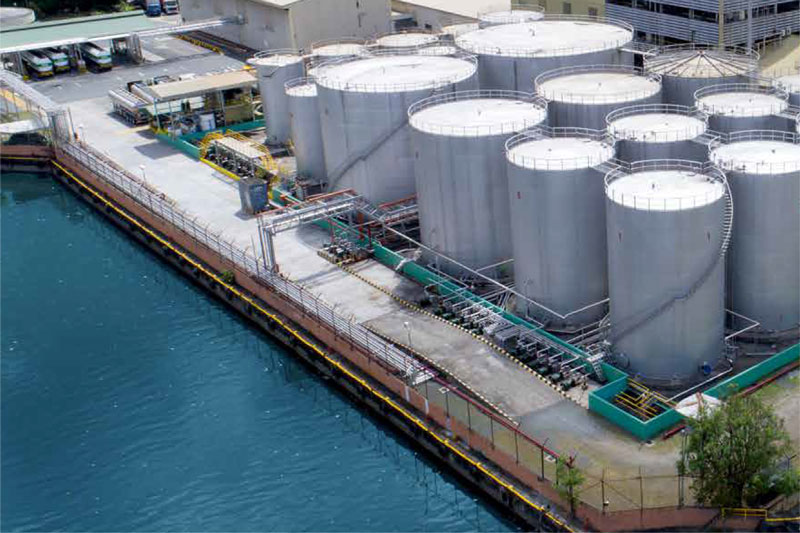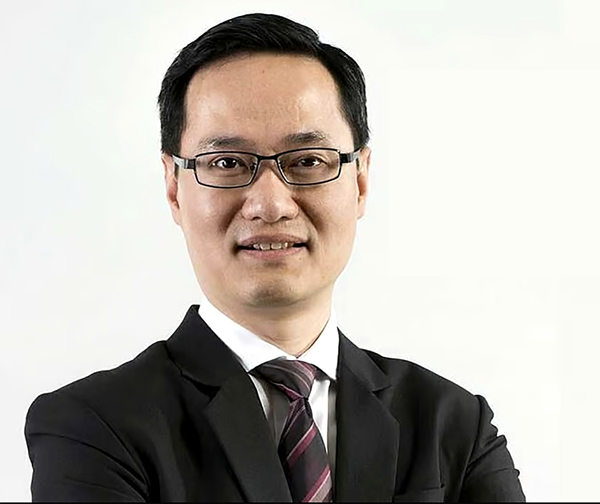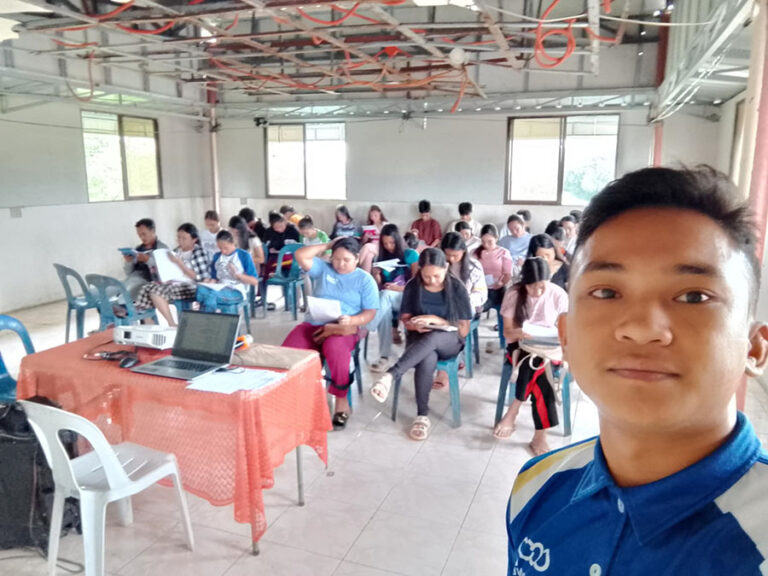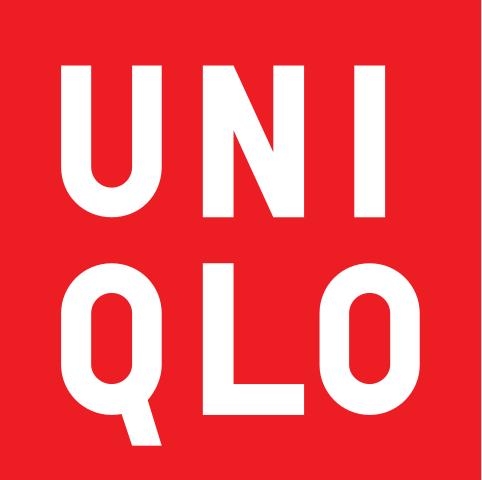THE COUNTRY’S largest food ingredient and oleochemical manufacturer D&L Industries, Inc. said it continues to receive order from customers in the United States despite the imposition of a 10-percent blanket tariff, following a 90-day pause on a previously announced 17-percent reciprocal tariff on Philippine exports.

In a virtual briefing Tuesday, D&L president Alvin Lao said that while American customers remain active, uncertainty looms over future orders due to the unpredictable nature of Trump’s trade policy.

“I asked my sales guys a few days ago and they said, so far, our American customers are still ordering. However, they can’t predict if the customer orders, how they will go in the next couple of months because tariffs might go up or they might go down,” Lao said.
Under a recent proclamation by US President Donald Trump on April 2, the Philippines was initially levied 17 percent under a reciprocal tariff.
On April 9, instead of the reciprocal tariff, Trump announced a 90-day pause and imposed a 10-percent universal rate.
Lao said the tariff is applied upon arrival of goods in the US, not at the time of ordering, which adds a layer of uncertainty for buyers who face the risk of potential price increases.
D&L exports medium chain triglycerides (MCTs) to the US, a key market of the product. However, the US only accounts for 3 percent of the company’s overall sales, Lao said.
“Thankfully, the Philippines seems to be on the lower end in terms of tariff rates,” he said, adding that strong bilateral relations between Manila and Washington DC may leave room for further negotiations.
Despite the challenges, Lao expressed confidence in D&L’s growth trajectory.
He said exports have increased with the opening of the company’s new plant in Batangas, which has expanded production capacity.
“That’s really the main reason why we have the growth because we have the capacity,“ Lao said.
In the first quarter of the year, D&L recorded a 35 percent quarter-on-quarter growth in its net income, amounting to PHP333 million and is seen to remain on the profitable track. (Kris Crismundo)



